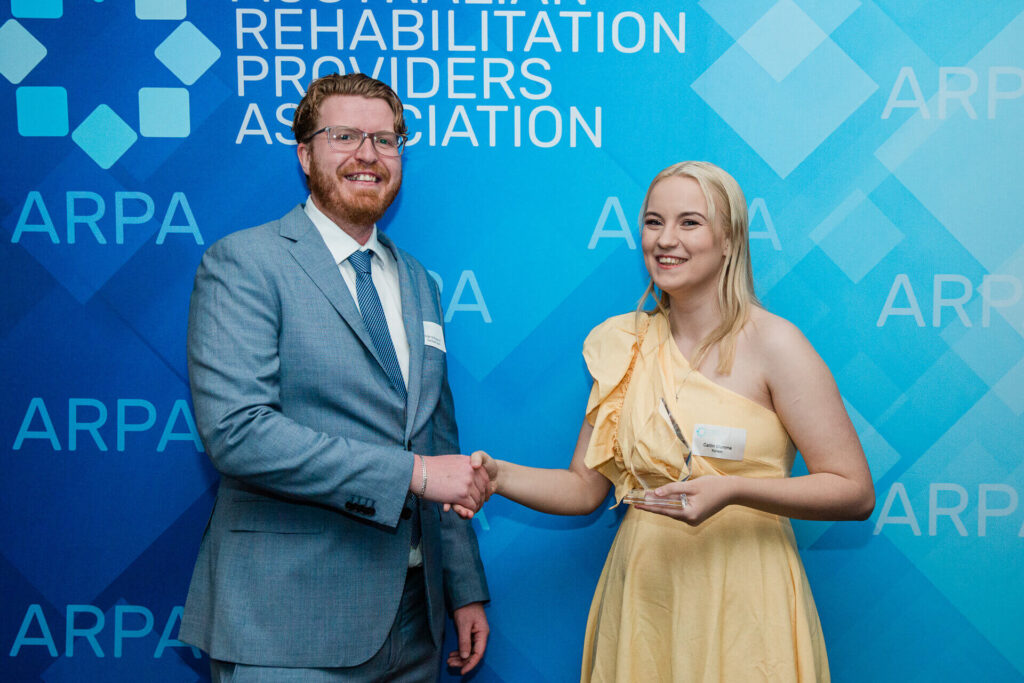The end of the calendar year and beginning of a new year can be a melting pot of productivity, exhaustion, and emotion.
The real and imagined pressures of the final weeks of a working year can take their toll on a workplace.
And when situations become tense or stalled, externally facilitated discussions can work towards progress or agreement.
Recognising and including different perspective through the facilitated discussion process will make your workplace a more constructive and satisfying place to be for everyone involved.
What are facilitated discussion services?
Facilitation is the act of managing the social relationships and dialogue, according to Dan Milz’ research.
Facilitated discussions are an alternative form of dispute resolution, where parties work with a facilitator to navigate towards agreement or resolution.
Milz also notes studies of alternative dispute resolution demonstrate how interest-based trade-offs contribute to joint gains, yet facilitators do more than just broker deals between adversaries.
These discussions can be a single session or series, hosted by a facilitator either from within the organisation or project (internal) or outside of it (external).
While facilitation and mediation are often associated with legal proceedings, they are a viable and accessible option which can be used in workplaces, preventing disputes from escalating to irreparable levels.
Why they’re worth your time
Facilitated discussion can be used at any point where parties in the workplace are not in agreement with each other and are unable to maintain an ongoing workable relationship.
This can be at a very early stage where disagreement has developed between parties.
It is imperative that a worker and supervisor or other staff members are able to work together without conflict.
Konekt’s facilitators are Nationally Accredited Mediators as well as allied health practitioners who are highly skilled in workplace rehabilitation and conflict resolution.
Giving everyone the opportunity to be heard and understood, Konekt offer the necessary support to assist the parties to reach a mutually agreed outcome together.
If resolution cannot be reached, the Konekt team are able to offer advice on further options to be considered to minimise workplace disruption until agreement can be reached.
The role of an external facilitator
Facilitators don’t just call a group of people together and sit and listen to the respective parties, they play a much more hands on role in dispute resolution.
They support all parties to come together and drive the ‘how’ of the meeting to help all involved come to an agreement, e.g. how the parties can come to an understanding of each other’s perspectives, how they can come to a middle ground, reach a short term or longer term resolution.
The University of Minnesota describes the role of an external facilitator’s primary interest is to guide a process that assists the group in discussing and acting on issues.
Some of the benefits of enlisting support from one of Konekt’s external facilitators include, but are not limited to:
- They create a neutral or unbiased atmosphere during their sessions
- Their outside perspective can contribute new questions and considerations to the discussion
- They are willing to ask difficult questions and confront assumptions
- When dealing with difficult issues, they can move the group forward
- Parties involved may feel more comfortable sharing openly with an external person
Five ways facilitated discussion can help around the holiday season
- It saves you time – once you reach out, your facilitator will assist with organising the session/s. One less thing to organise late in the year or early in the new year is welcome at these busy times.
- Outsourcing can relieve a significant amount of mental burden involved with conflict. Simply, involving an experienced professional will save you time and mental energy.
- Reduces the potential of escalation. Involving a neutral third party to facilitate with all parties can keep communication clear and respectful, which can avoid the need for further mediation or legal proceedings.
- The experience can have wider positive effects, even after completion. Facilitators can make recommendations to improve certain processes or practices for your organisation.
- Facilitation is an effective path towards compromise. It is a tool which can serve the needs of any group who are willing to work towards and compromise where needed, to arrive at a solution.
If you require facilitated discussion services this holiday season or at any time throughout the year please call us on 1300 723 375 or email response@konekt.com.au.
Sources
- The hidden benefits of facilitated dialogue – Dan Milz
- Pros and cons of using internal and external facilitators – University of Minnesota




